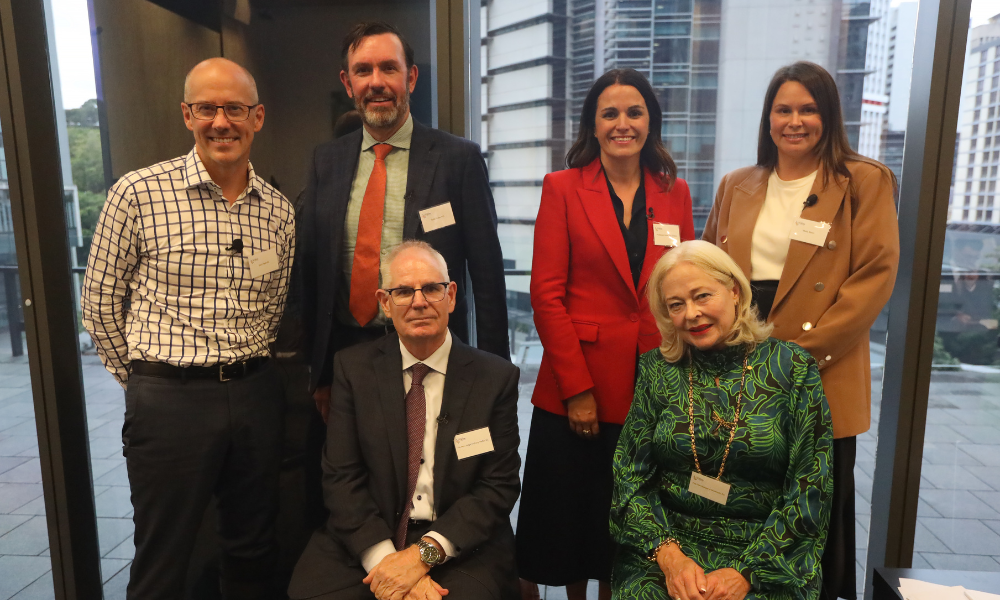
The organisation also launched the community consultation process

The Queensland Law Reform Commission (QLRC) has commenced its review of specific criminal defences.
A series of events was held over the past month that included a panel discussion led by QLRC Deputy Chair Judge Anthony Rafter SC. The discussion featured insights from panellists like Saul Holt KC, Todd Fuller KC, Melia Benn and Professor Kate Fitz-Gibbon.
According to Rafter, the event presented an opportunity for sparking discussion on the core issues of the review. He indicated that the QLRC had been tasked with examining self-defence, provocation, killing for preservation in an abusive domestic relationship, and domestic discipline, as well as the mandatory penalty of life imprisonment for murder.
Rafter also delivered a keynote address at the 2024 Global Domestic Violence Conference in Cairns, which he said “allowed us to both raise awareness of this review at the conference, as well as meet with key stakeholders”. The commission, he added, was “required to consider the findings and recommendations of the Women’s Safety and Justice Taskforce".
Rafter also highlighted the need to receive input not just from legal professionals, but also from victim-survivors, their families and support workers, First Nations people and communities, and academics. During their time in Cairns, the review team engaged with Stephen Tillett, Queensland’s First Nations Justice Officer, and representatives from the First Nations Justice Office, the Cairns Office of the Director of Public Prosecutions, Legal Aid Queensland, the Aboriginal and Torres Strait Islander Legal Service, North Queensland Women’s Legal Service, the Cairns Domestic Violence Service, and Warringu Aboriginal and Torres Strait Islander Corporation.
The team also consulted with barristers and solicitors. In the course of the meetings, the review team explained the review's specifics, background and future plans. Discussions were also held regarding the topics being addressed in the review, relevant cases for investigation and context on domestic and family violence experiences, and the regional concerns specific to the Far North area.